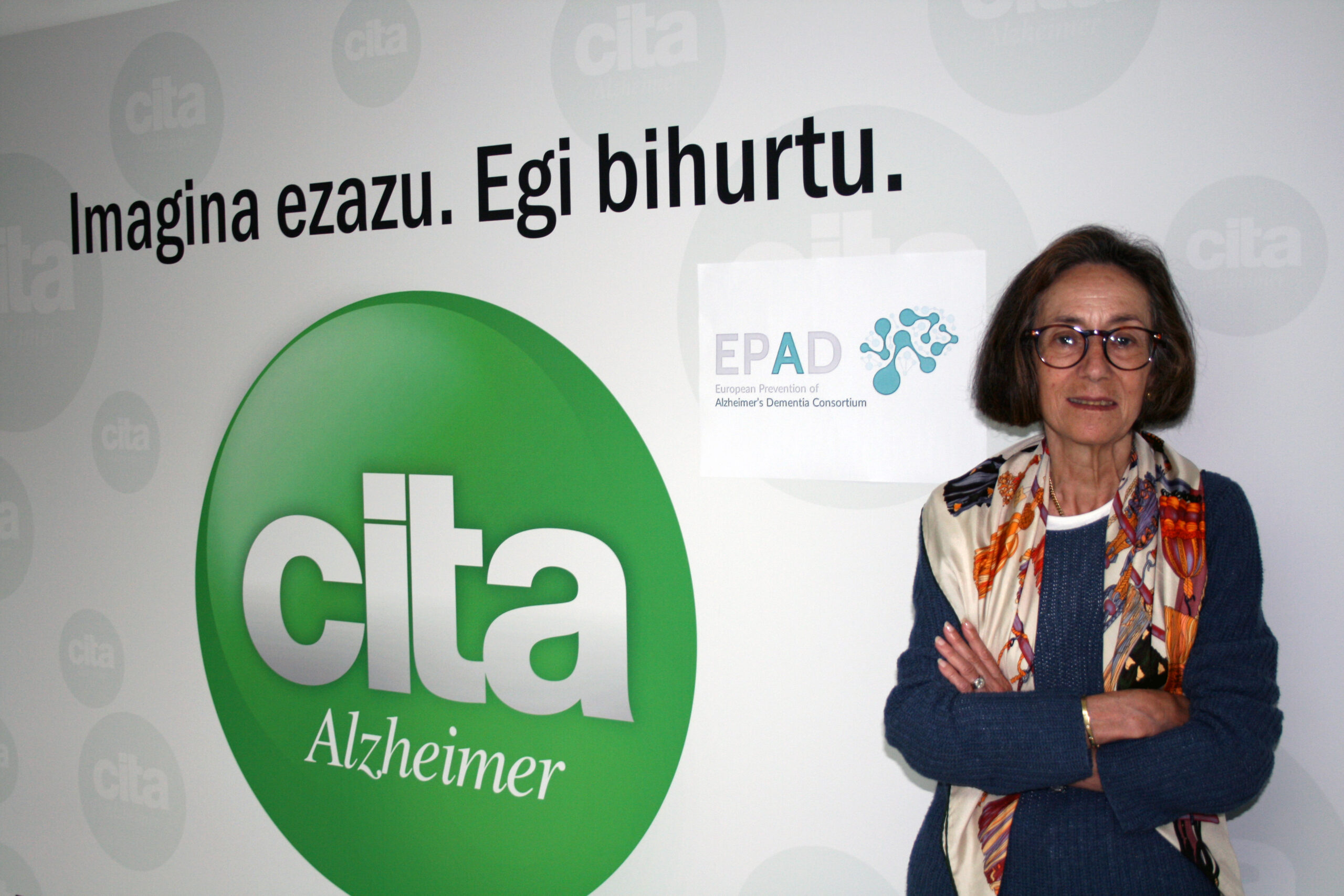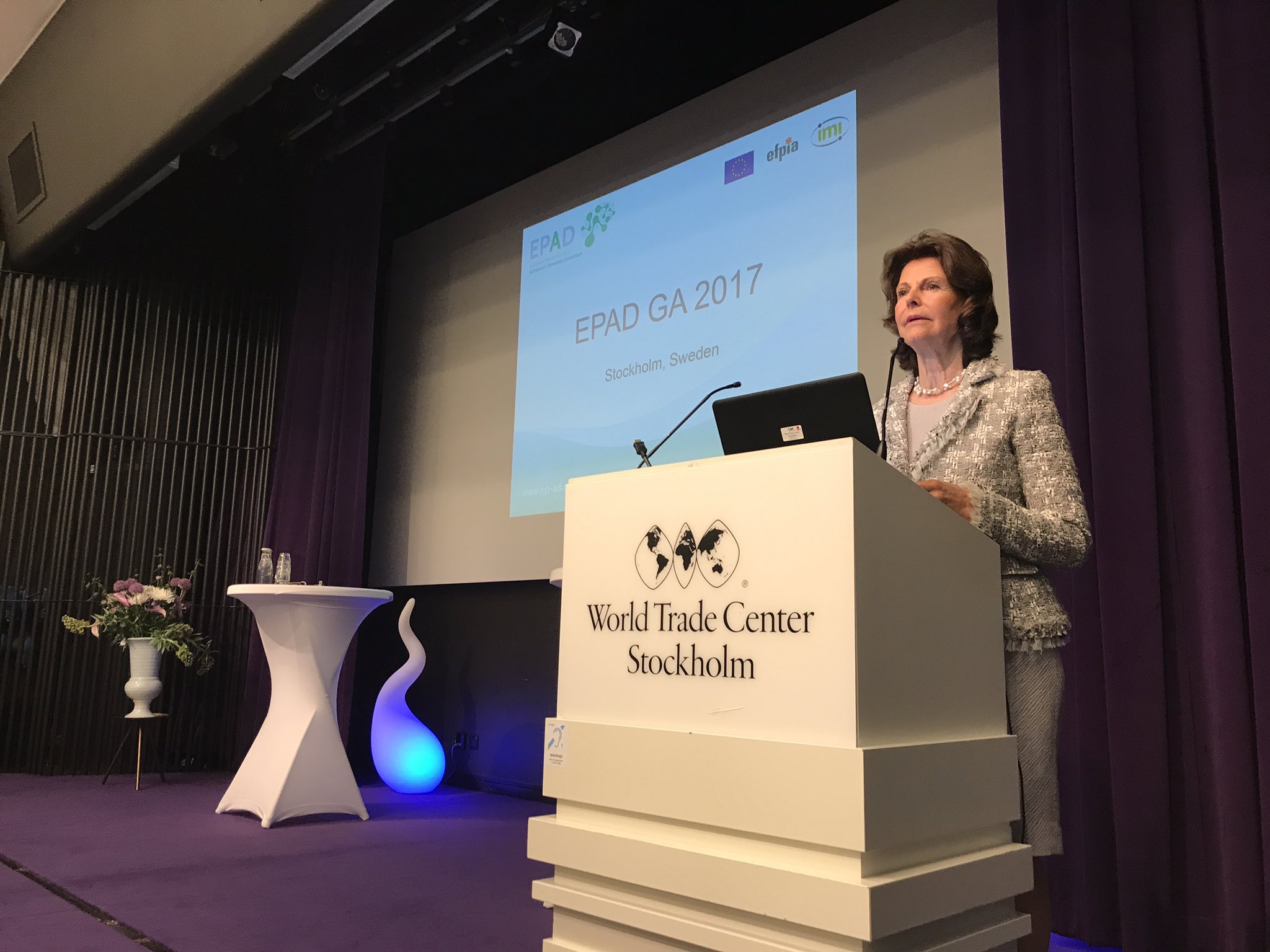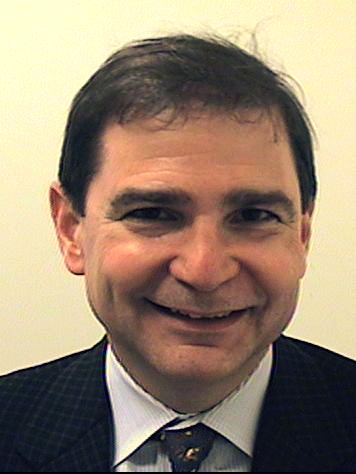What is your current role in EPAD?
I am a member of WP6 (Dissemination). This group, led by Sean Knox (Novartis) and Jean Georges (Alzheimer Europe) coordinates internal and external dissemination activities of the project as well as its partners, its aims and progress. This Work Package (WP) also looks at the participant recruitment strategy and aims to issue specific press releases, for example about the opening of new trial delivery centres (TDCs), or other important milestones (i.e. 1,000 participants recruited). In addition, I am in of charge of some communications tools such as our website and social media accounts (Twitter and Facebook), in order to disseminate information related to the project.
I am also involved in WP8 (Ethical, legal, and social implications), contributing to ethical discussions on issues raised by the project.
What did you do prior to joining EPAD?
Since January 2017, I have been working as a Project Officer for Alzheimer Europe. Before joining Alzheimer Europe, I worked in academia at the University of Luxembourg pursuing a PhD in neurobiology. My thesis was focused on the major cell of the central nervous system – the “astrocyte”. In November 2016, I was awarded the title of Doctor in Biology for my PhD thesis entitled “Astrocyte phenotype during differentiation: implication of the NFkB pathway”.
I have been interested in biology and pathology and have been learned about this topic for a long time. I studied biology in France and following the completion of a Master’s degree in cellular and molecular biology, I began my PhD at the University of Luxembourg.
Tell us a bit about the institution/company/organisation you work for.
Alzheimer Europe is a non-governmental organisation, aiming to raise awareness of all forms of dementia. We are the European umbrella organisation of national Alzheimer associations representing the interests of people with dementia and their carers. Alzheimer Europe currently has 39 member associations in 34 countries.
Our organisation is also a source of information on all aspects of dementia through its yearbooks, magazine and monthly e-newsletter. In 2012, Alzheimer Europe set up a European Working Group of People with Dementia (EWGPWD) composed of people with various forms of dementia. The memebrs of the group are involved in all of our activities and projects.
Alzheimer Europe has carried out a number of translational European projects. In addition to the EPAD project, we are currently involved in other IMI projects including AMYPAD, ROADMAP, MOPEAD, EMIF and AETIONOMY.
What are your expectations from the EPAD project?
The EPAD initiative is a very exciting project and I’m very proud to be part on it. This project wants to improve the understanding and management of Alzheimer’s disease and how it leads to dementia. I am really looking forward to the EPAD innovative trial design to identify ineffective drugs earlier in their development because it would be a great step for the fight against the disease.
Furthermore, I am also working on the AMYPAD project, the EPAD sister initiative started on last October 2016 (www.amypad.eu). I expect that both projects will help, together, to advance research and its progress, including the possibility for therapeutic intervention at an earlier stage.








